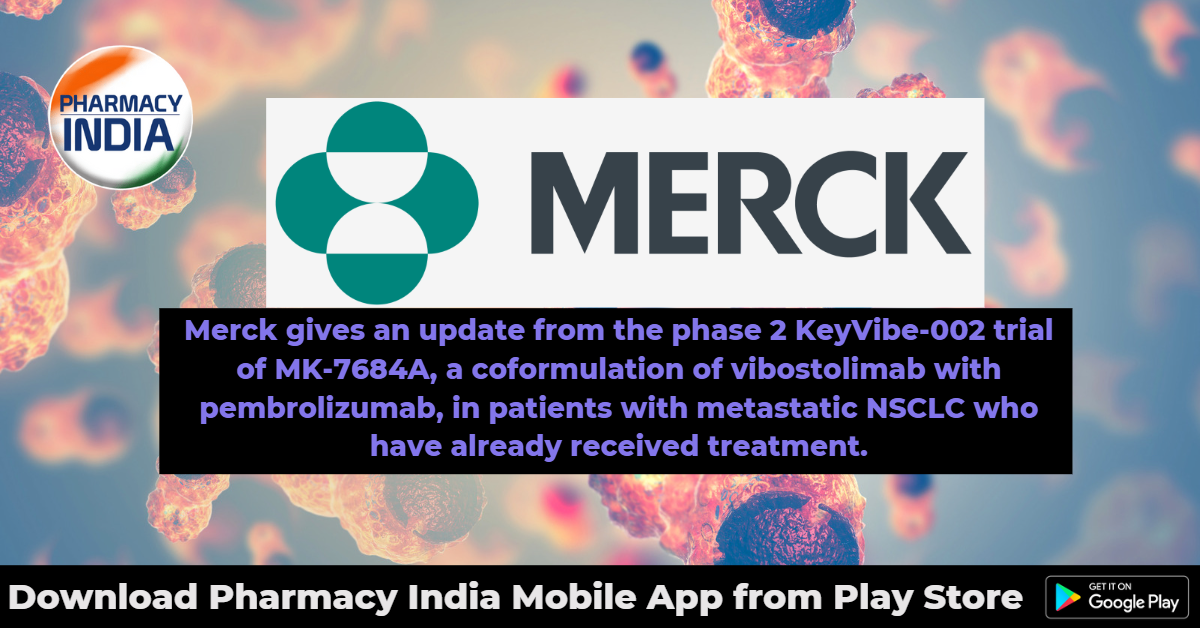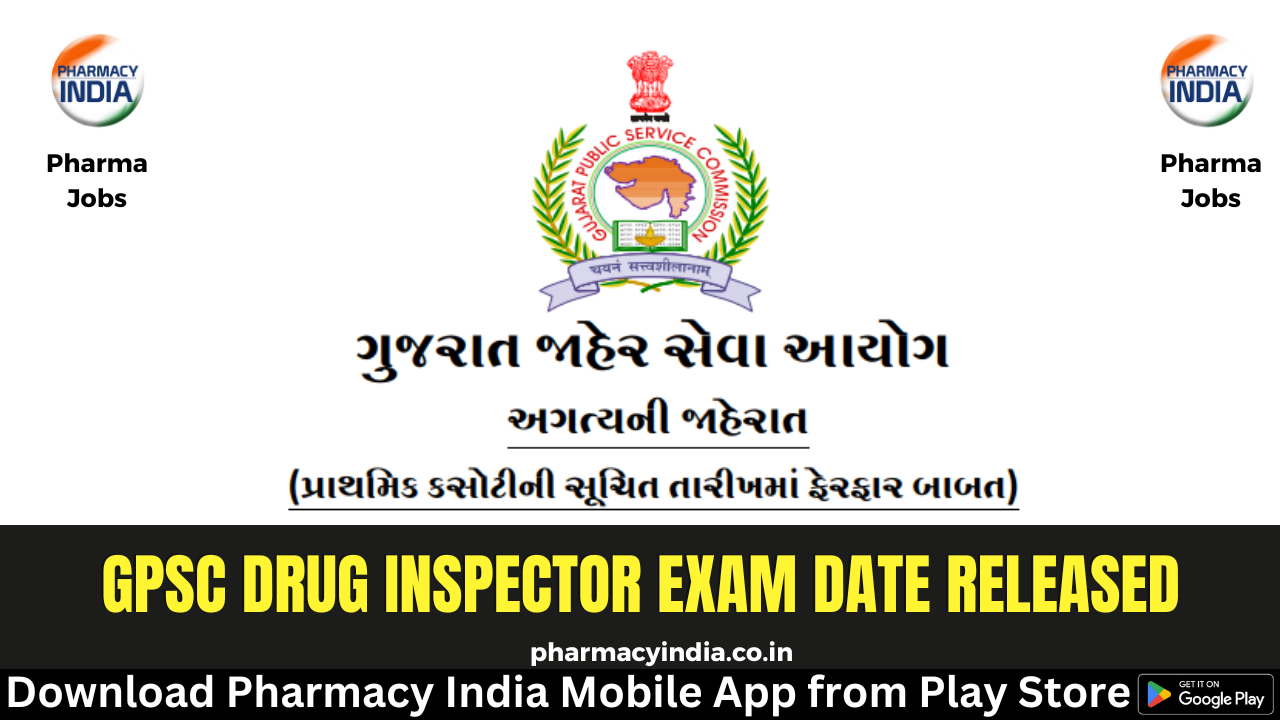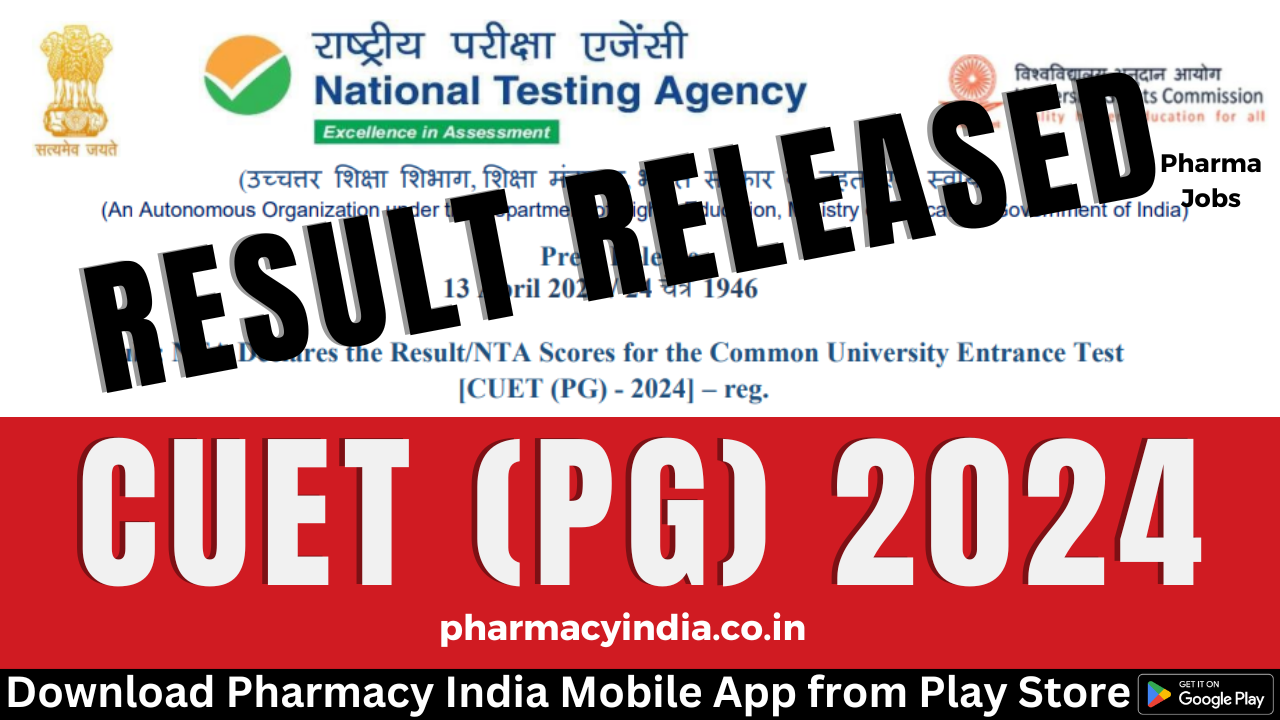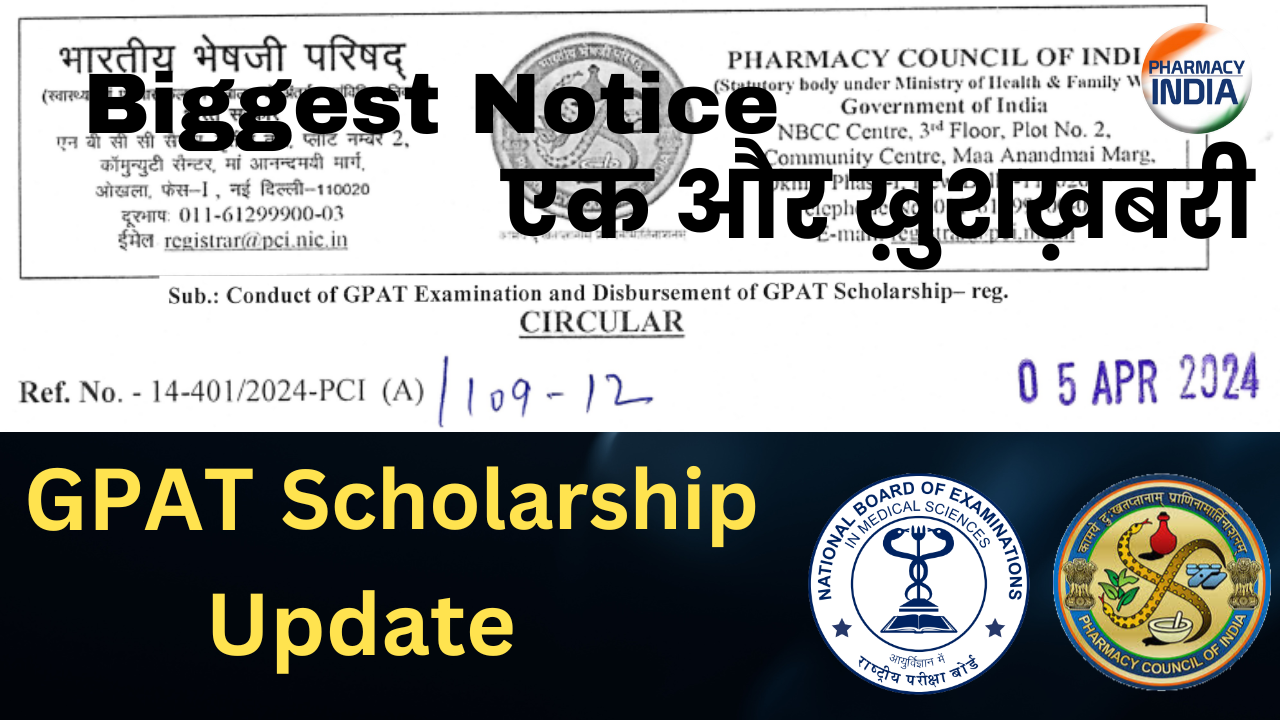The open-label portion of the non-registrational phase 2 KeyVibe-002 trial received an update from Merck, also known as MSD outside of the United States and Canada. For the treatment of patients with metastatic non-small cell lung cancer (NSCLC) who have progressive disease after receiving immunotherapy and platinum-doublet chemotherapy, KeyVibe-002 is evaluating MK-7684A, a coformulation of vibostolimab, an anti-TIGIT therapy, and pembrolizumab (Keytruda), a Merck anti-PD-1 therapy, with or without docetaxel. KeyVibe-002, a study that was only partially blinded, had two main goals: first, to assess the efficacy of MK-7684A alone in comparison to the gold standard treatment of docetaxel; and second, to assess the efficacy of MK-7684A added to docetaxel in comparison to docetaxel alone in a blinded assessment.
The coformulation was quantitatively less efficacious than docetaxel and failed to attain statistical significance for the primary endpoint of progression-free survival (PFS), according to data from the open-label portion of the research assessing MK-7684A alone. Merck is informing the study’s researchers that participants in this arm should switch to regular medical treatment unless their doctor believes the patient will benefit from MK-7684A alone. The study’s blinded arms will continue to compare MK-7684A and docetaxel to docetaxel alone in order to make a more thorough comparison. No new safety signals were found, and the safety profile of MK-7684A was similar with that shown for pembrolizumab and vibostolimab in previously reported studies. As additional information from the blinded trial arms is available, the findings will be presented at a subsequent medical meeting.
Around 4,000 patients have participated in Merck’s broad clinical study programme, which examines the safety and effectiveness of MK-7684A both on its own and in combination with other medications. KeyVibe-003, KeyVibe-006, KeyVibe-007, KeyVibe-008, and KeyVibe-010 in melanoma are currently active phase 3 lung cancer trials. We intend to expand on Keytruda’s success to assist even more cancer patients through various methods, such as innovative combinations and coformulations, said Dr. Eliav Barr, senior vice president, head of global clinical development, and chief medical officer, Merck Research Laboratories. “We appreciate the patients and researchers’ cooperation in this study assessing MK-7684A in a group of patients who had received a lot of prior treatment, and we look forward to more data from the ongoing blinded arms of KeyVibe-002,” the researchers said. We are continuing with our extensive research programme examining MK-7684A across a wide spectrum of cancers, including lung, other solid tumours, and blood cancers, based on responses we have seen in the signal-finding phase 1/2 programme thus far.
In patients with metastatic non-small cell lung cancer who have progressed after receiving immunotherapy and platinum-doublet chemotherapy, KeyVibe-002 is a randomised, partially blind phase 2 trial (ClinicalTrials.gov, NCT04725188) comparing MK-7684A, a coformulation of vibostolimab and pembrolizumab, with or without docetaxel to placebo plus docetaxel. PFS, as determined by blinded independent central review (BICR) in accordance with Response Evaluation Criteria in Solid Tumors Version (RECIST) v1.1, is the trial’s main endpoint. Overall survival (OS) and objective response (OR), as measured by BICR in accordance with RECIST v1.1, are important secondary goals.
The study enrolled 255 patients who were randomly assigned in three separate study arms (1:1:1) to receive either: Arm 1 (Open-label): MK-7684A (pembrolizumab 200 mg plus vibostolimab 200mg/20 mL intravenously [IV] every three weeks [Q3W] until a discontinuation criterion is met or completion of 35 cycles), or; Arm 2 (Blinded): MK-7684A (pembrolizumab 200 mg plus vibostolimab 200mg/20 mL IV Q3W until a discontinuation criterion is met or completion of 35 cycles) plus docetaxel (75 mg/m^2, IV Q3W until a discontinuation criterion is met or as per approved local label), or; Arm 3 (Placebo-blinded): Placebo (saline IV Q3W) plus docetaxel (75 mg/m^2, IV Q3W until a discontinuation criterion is met or as per approved local label).
KeyVibe-002, a non-registrational study, had two main goals: 1) to analyse the efficacy of MK-7684A alone in comparison to docetaxel, the gold standard of therapy; and 2) to test the efficacy of adding MK-7684A to docetaxel in comparison to docetaxel alone in a blinded evaluation. Lung cancer is the main cause of cancer death worldwide. Lung cancer claimed more than 2.2 million new cases and 1.8 million lives worldwide in just 2020. Around 81% of all occurrences of lung cancer are non-small cell lung cancer, making it the most prevalent kind. In the US, people with lung cancer had a 25% overall five-year survival rate, which is a 21% increase over the previous five years.
Early detection and screening, a decline in smoking, improvements in surgical and diagnostic techniques, and the development of new treatments are all factors that have contributed to higher survival rates. Since that 44% of lung cancer cases are discovered after they have progressed, early detection and screening continue to be a significant unmet need. In the US, only 5.8% of eligible individuals underwent lung cancer screening in 2021. Merck is pushing research targeted at revolutionising the way lung cancer is treated in an effort to improve results for those who are suffering from this fatal condition. Merck is a leader in the study of lung cancer thanks to approximately 200 clinical trials involving more than 36,000 patients from all around the world. Keytruda is licenced for advanced illness in more than 95 countries and has five US indications for NSCLC (see indications below). Merck conducts studies to assess Keytruda in lung cancer patients with earlier stages of the disease and to find new Keytruda combinations and coformulations.
Merck discovered and created the humanised anti-TIGIT treatment known as vibostolimab. By preventing the TIGIT receptor from interacting with its ligands (CD112 and CD155), which activates T lymphocytes that aid in the destruction of tumour cells, ribostolimab restores anticancer activity. MK-7684A, a coformulation of vibostolimab and pembrolizumab, is being tested in a variety of malignancies, including blood cancers, lung cancers, and other solid tumours. Anti-programmed death receptor-1 (PD-1) therapy Keytruda works by boosting the body’s immune system’s capacity to find and combat tumour cells. A humanised monoclonal antibody called Keytruda prevents PD-1 from interacting with its ligands, PD-L1 and PD-L2, which activates T lymphocytes that can harm both cancerous and healthy cells.
The largest immuno-oncology clinical research programme in the business is run by Merck. Presently, Keytruda is being investigated in more than 1,600 trials involving a variety of malignancies and therapeutic contexts. The Keytruda clinical programme aims to comprehend the role of Keytruda across cancer types and the variables that may indicate whether a patient will benefit from Keytruda treatment, including looking into a number of distinct biomarkers.







